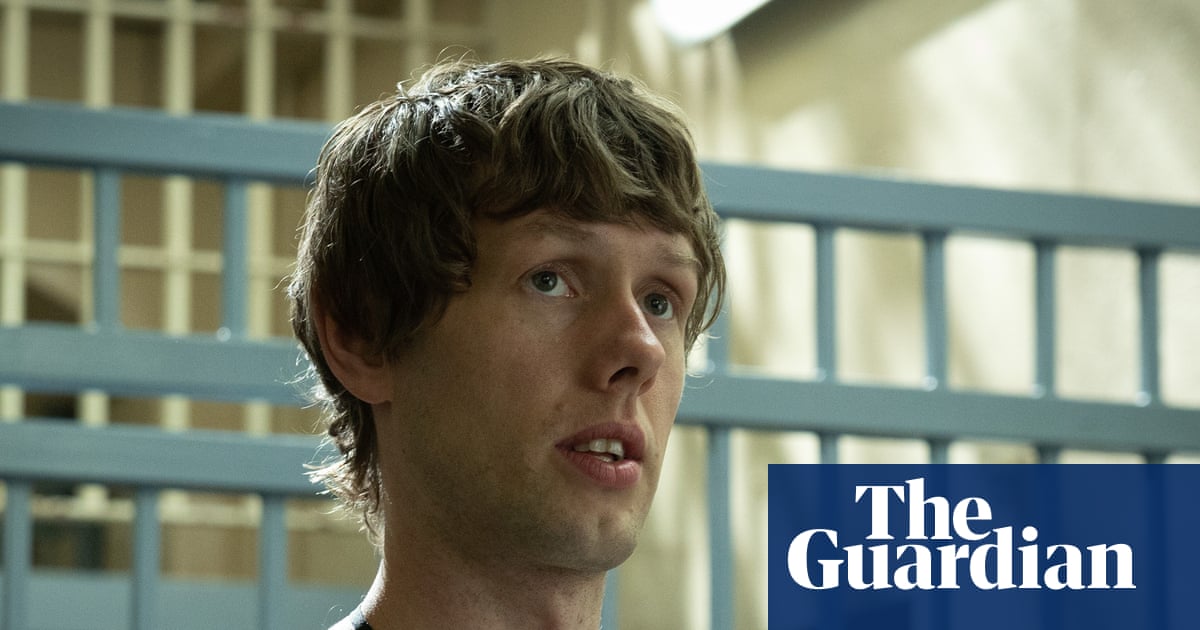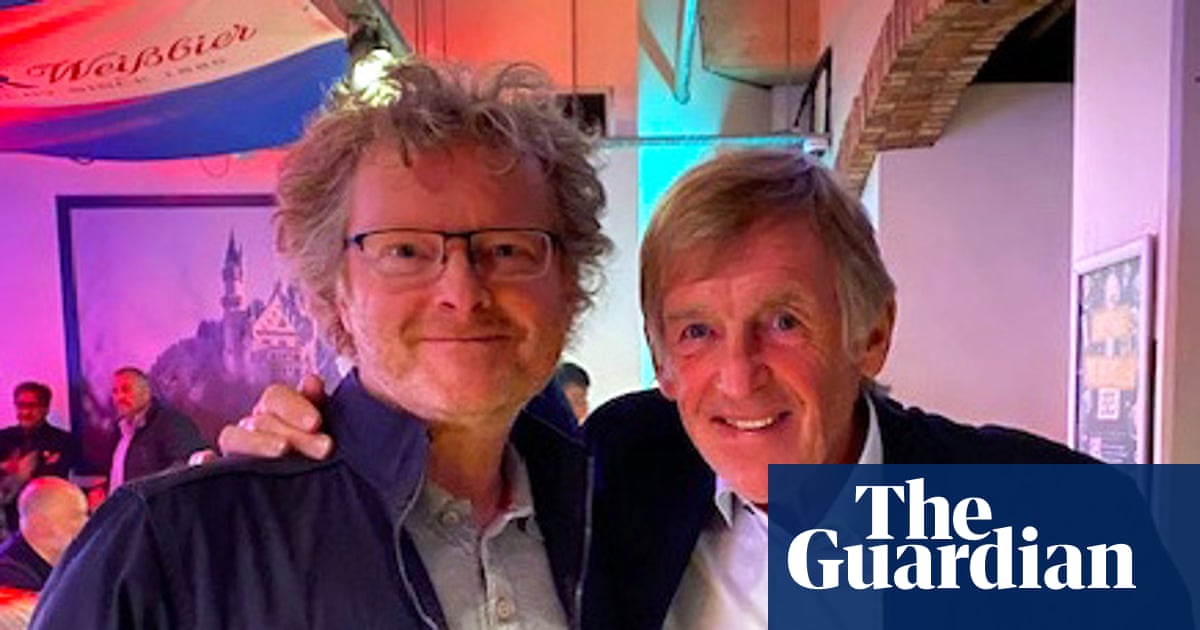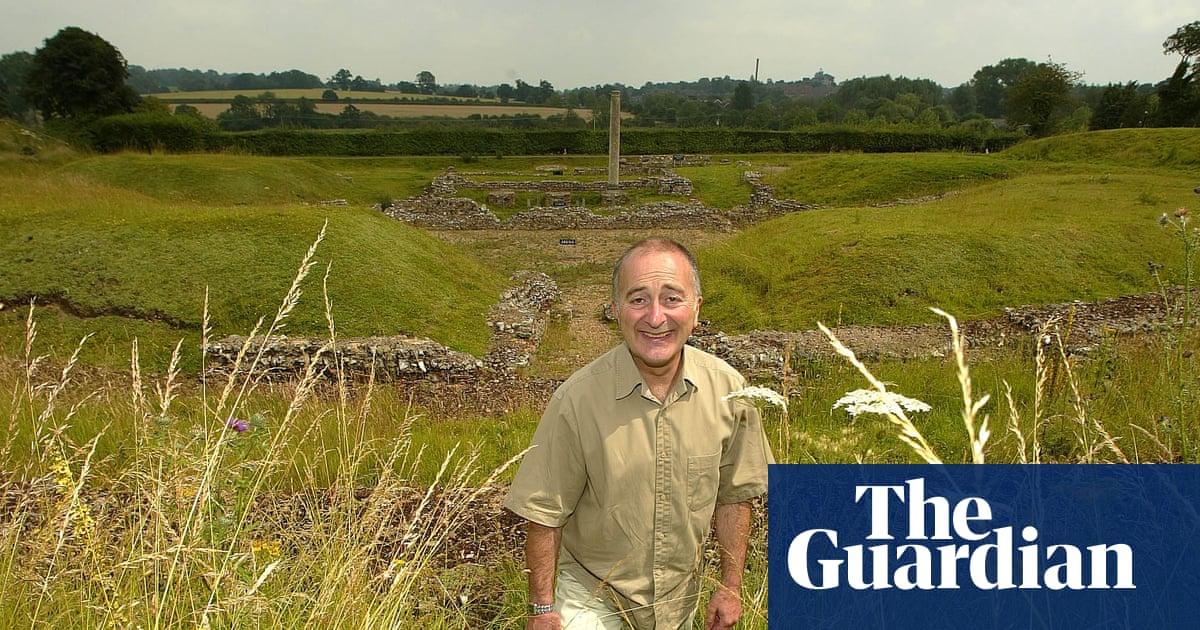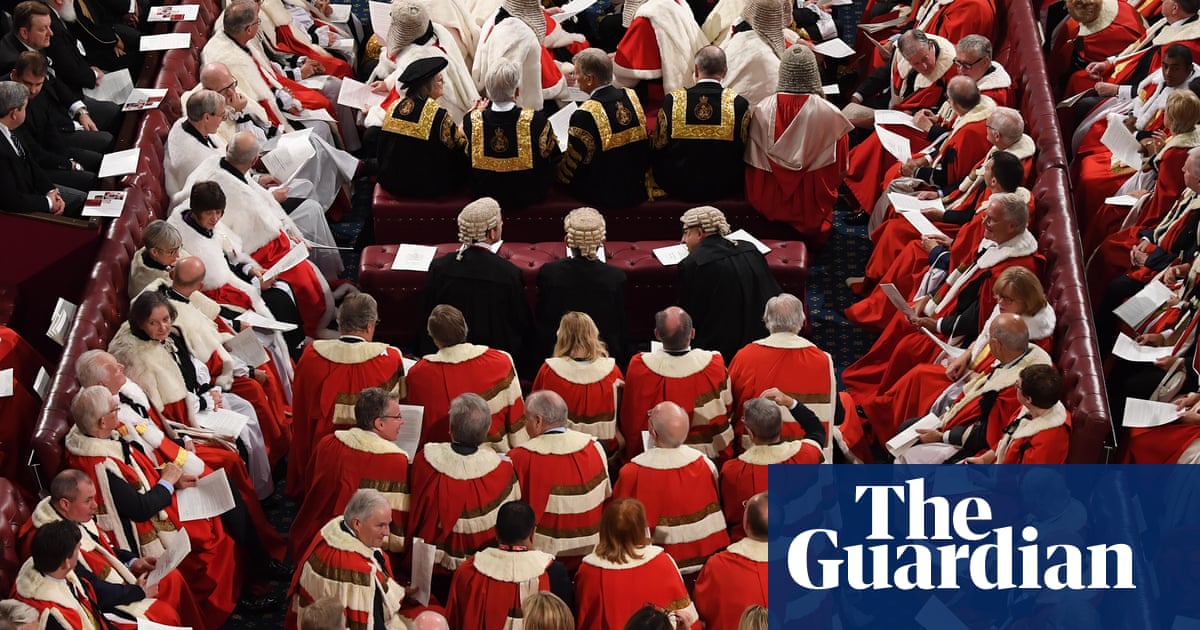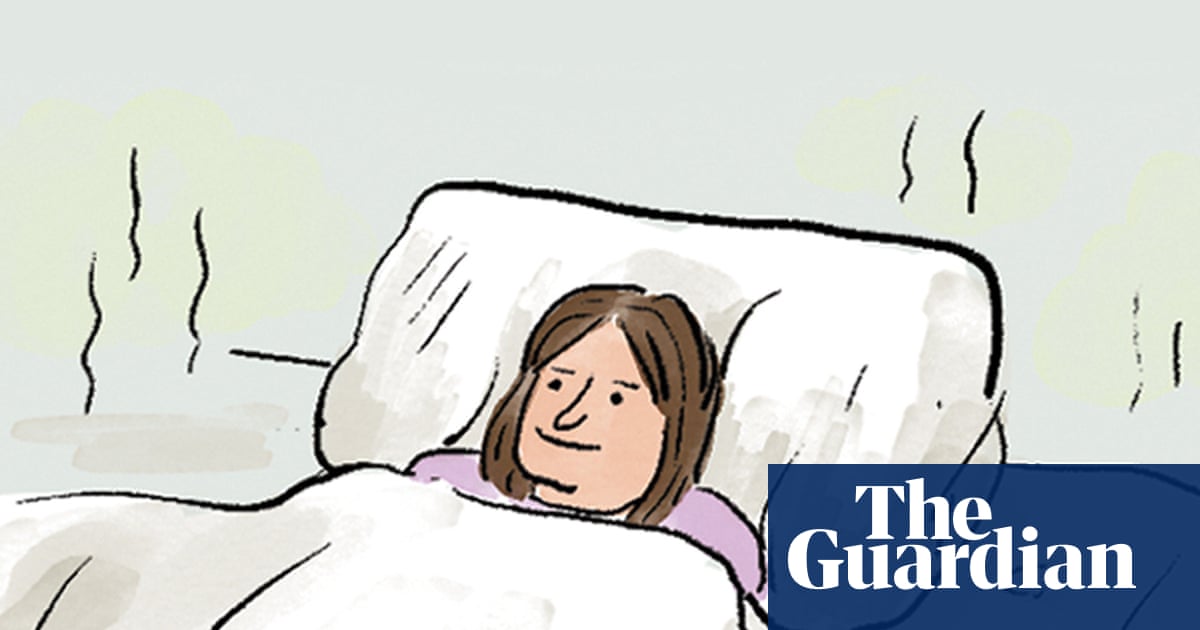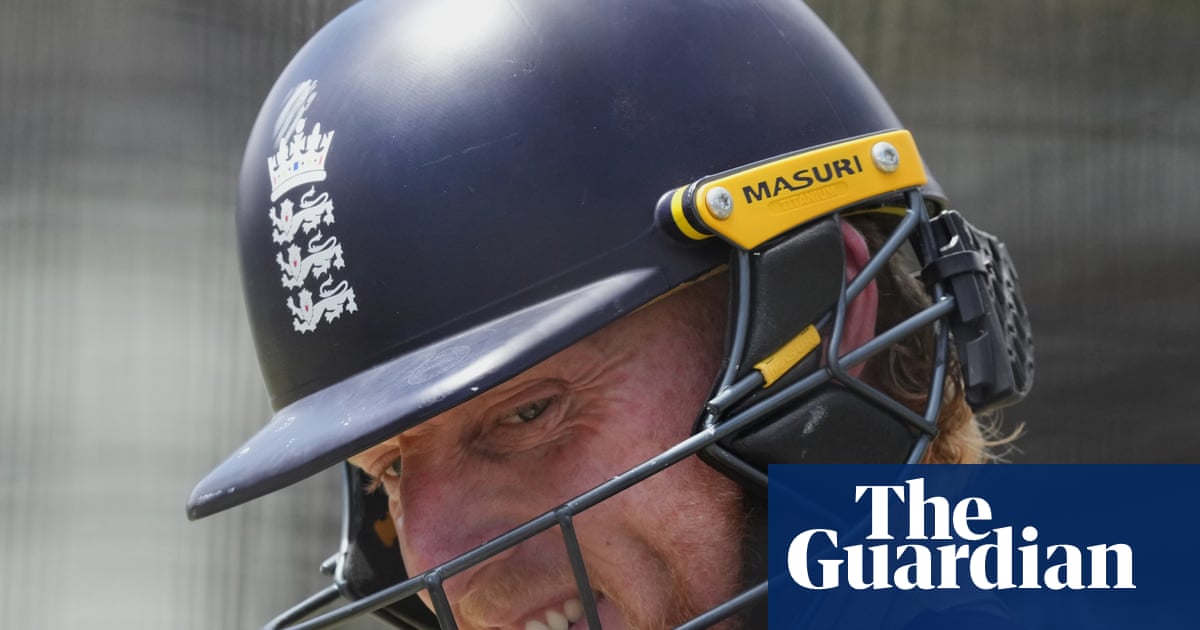Big pharmaceutical companies have ditched or paused nearly £2bn in planned UK investments so far this year, causing “suffering” to patients, as ministers gear up for discussions with Donald Trump amid a row over drug pricing.
The government’s plan for the life science sector, a key pillar of the economy, has been thrown into disarray, after US drugmaker MSD’s shock announcement last Wednesday that it would scrap its £1bn London research centre. Two days later, AstraZeneca decided to halt a planned £200m expansion of its research facilities in Cambridge.
Combined with a scrapped project by AstraZeneca in Liverpool and a shelved Eli Lilly lab in London, four projects worth more than £1.7bn have been pulled or paused this year. In total, decisions over 13 major projects or companies have damaged the UK’s pharma industry since 2022, also including site closures and stock market delistings.
Pharma companies have accused the government of not spending enough on new medicines, arguing that there is little incentive for them to develop drugs and test them in a country that does not value innovation sufficiently.
More recriminations are expected when MPs on the science, innovation and technology committee question MSD’s UK and Ireland managing director, Ben Lucas, about its decision on Tuesday afternoon.
He will appear alongside AstraZeneca UK president Tom Keith-Roach, Association of the British Pharmaceutical Industry chief executive Richard Torbett and representatives of the government, including the science minister Lord Vallance, a former GSK executive.
The US ambassador to the UK, Warren Stephens, asked the chancellor, Rachel Reeves, to offer drug companies a better deal on pricing when the two met at a private dinner in London recently, the Financial Times reported. The intervention came before Trump’s visit to the UK this week. The US president has criticised foreign nations for “freeloading on US innovation”. Drug prices are much higher in the US and companies have been accused of “price gouging” in the past.
Meanwhile, Guy Oliver, the UK head of the US drugmaker Bristol Myers Squibb, told the Times that, because of “chronic underinvestment” in medicines, the US drugmaker had cancelled 34 partnerships with the NHS in the past year. “There is a human cost to all of this. Patients are really suffering, and have been suffering for many, many years now,” he said.
Drugmakers have become more vocal over the UK’s shortcomings since months-long negotiations over drug pricing broke down in late August, when the health secretary, Wes Streeting, gave companies an ultimatum over his latest “generous” offer – but was rejected.
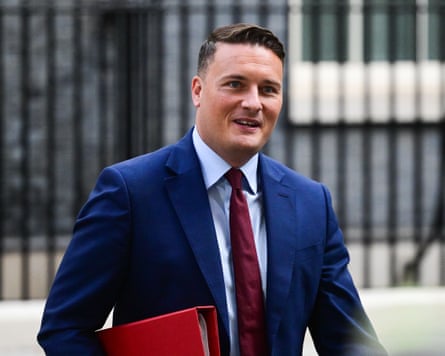
This means that the voluntary scheme for branded medicines pricing, access and growth, under which pharma companies pay back a chunk of their UK revenues to the NHS, continues at a rate the industry says is “unsustainable”. The minimum clawback rate of 23.5% for newer medicines is much higher than payment rates in other European countries.
MSD, known as Merck in the US, said it would discontinue all research and development activities in the UK, which means 125 scientists based at the Francis Crick Institute and the London BioScience Innovation Centre will lose their jobs.
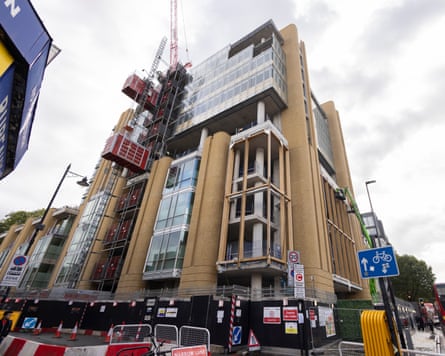
Also last week, the US drugmaker Eli Lilly said its planned London Gateway Lab, part of a £279m investment, was on hold, “as we are awaiting more clarity around the UK life sciences environment”.
Britain’s biggest drugmaker, AstraZeneca, which was at the forefront of the government’s efforts to make Covid vaccines available during the pandemic, already pulled the plug on the £450m expansion of its vaccine site in Speke in Liverpool in February after failing to agree a state support package.
The French pharma group Sanofi’s UK head of market access, Paul Naish, has said substantial investment is now on hold. “This is an intolerable situation for too many [patients] in this country and that is why government needs to work with the sector,” he said.
The Swiss drugmaker Novartis is also holding off future investments in UK manufacturing or research, it is understood. Over the past 16 years, it has scaled back its UK operations from seven sites and more than 4,000 employees to one site in London housing 1,200 staff.
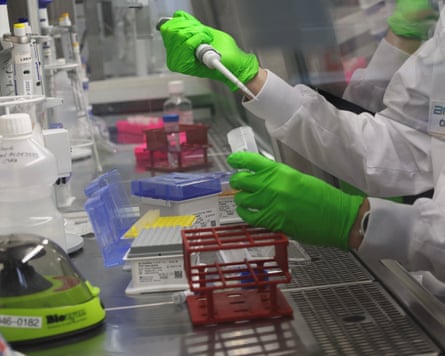
Meanwhile, Germany’s BioNTech said its £1bn, 10-year partnership with the UK government, aimed at speeding up trials of its cancer medications, remained on track. Several hundred patients have been treated with experimental cancer immunotherapies through the collaboration, and new research centres are planned in London and Cambridge.
The US biotech Moderna, known for its Covid vaccine, opened a new vaccine manufacturing site in Harwell, Oxfordshire in May.
after newsletter promotion
Scrapped/paused investments, delistings and site closures in the UK
September AstraZeneca pauses £200m research lab in Cambridge (1,000 jobs)
September Merck scraps £1bn London research centre (125 jobs)
September Eli Lilly pauses London Gateway lab, part of £279m investment
2025-26 Haleon closing Maidenhead site (435 jobs)
July Indivior: based in Slough, delisted from London Stock Exchange (LSE)
July Verona Pharma: based in London, sold to MSD after delisting from LSE in 2020
July Adaptimmune Therapeutics sells four cell therapy assets to US WorldMeds and cuts UK workforce by 62%
June GSK shuts Ulverston factory (100 jobs) and makes cuts at Barnard Castle in October (200 jobs)
February AstraZeneca scraps £450m investment in Speke, Liverpool
January Rentschler Biopharma closes Stevenage site (30 jobs)
2024 Sanofi reduced its Kymab labs in Cambridge (50 jobs)
2023 Recipharm closes Queenborough site on Isle of Sheppey (150 jobs)
2022 Novartis sells Grimsby site (200+ jobs)

 3 months ago
82
3 months ago
82
